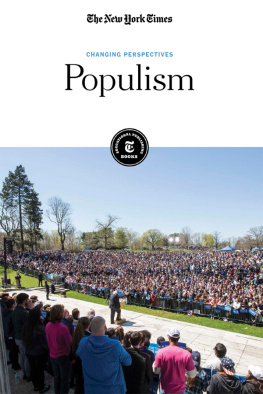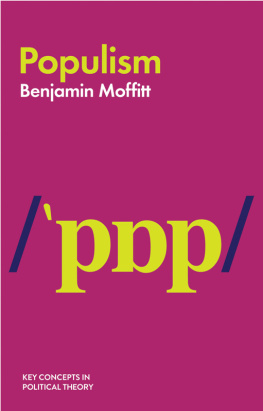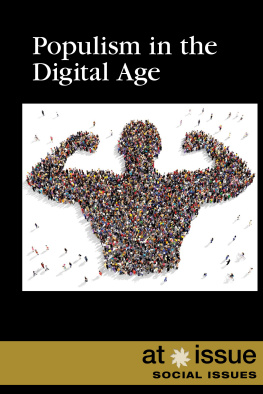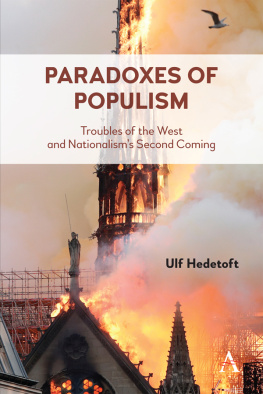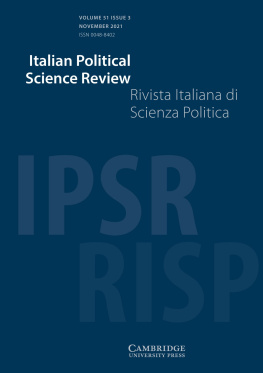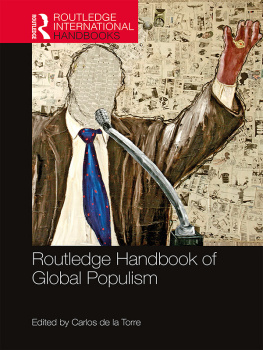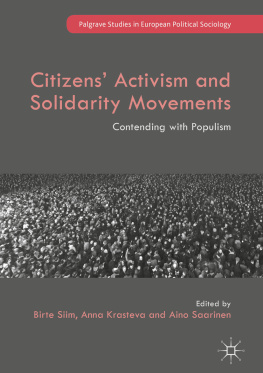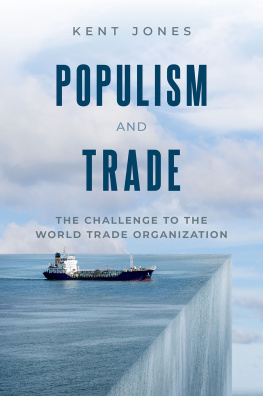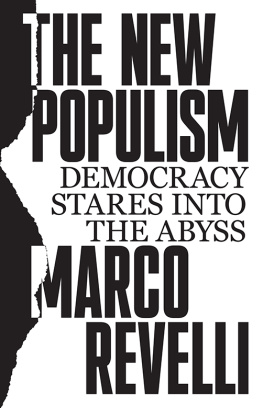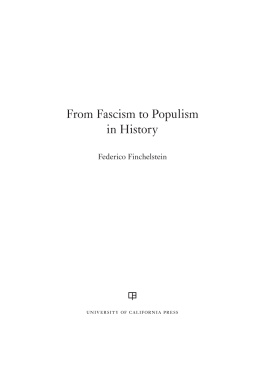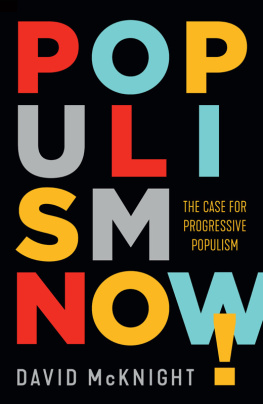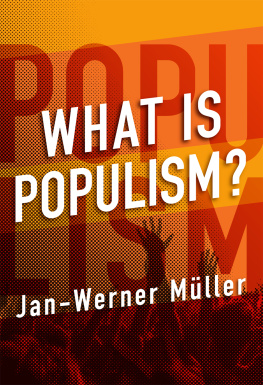CONTENDING MODERNITIES
Series editors: Ebrahim Moosa, Atalia Omer, and Scott Appleby
As a collaboration between the Contending Modernities initiative and the University of Notre Dame Press, the Contending Modernities series seeks, through publications engaging multiple disciplines, to generate new knowledge and greater understanding of the ways in which religious traditions and secular actors encounter and engage each other in the modern world. Books in this series may include monographs, co-authored volumes, and tightly themed edited collections.
The series will include works that frame such encounters through the lens of modernity. The range of themes treated in the series might include war, peace, human rights, nationalism, refugees and migrants, development practice, pluralism, religious literacy, political theology, ethics, multi- and intercultural dynamics, sexual politics, gender justice, and postcolonial and decolonial studies.
University of Notre Dame Press
Notre Dame, Indiana 46556
undpress.nd.edu
All Rights Reserved
Copyright 2019 by University of Notre Dame
Published in the United States of America
Library of Congress Control Number: 2019021580
ISBN: 978-0-268-10577-8 (hardback)
ISBN: 978-0-268-10578-5 (paperback)
ISBN: 978-0-268-10580-8 (WebPDF)
ISBN: 978-0-268-10579-2 (Epub)
This book is printed on acid-free paper
This e-Book was converted from the original source file by a third-party vendor. Readers who notice any formatting, textual, or readability issues are encouraged to contact the publisher at
PREFACE
Authors are usually delighted when the course of events makes their work more salient. But it is impossible to delight in the fact that, even as I have been writing this book, our democratic crisis has become more intense.
Inclusive Populism: Creating Citizens in the Global Age not only describes and diagnoses the current crisis; it charts a path to democratic renewal. The book offers an up-close account of how community organizing helps strangers to become fellow citizens, both through and for the tending of public life. This empirical study is interwoven with an engagement (particularly in chapters 3 and 6) with the relevant theoretical debates. By these means it argues that the rise of fake populisms on right and left alike is a symptom of more fundamental weaknesses in secularizing liberalism and that community organizing is a practical example of a constructive alternative that I have called inclusive populism. A striking feature of this alternative is that it draws on the diverse religious and ethical traditions in Western democracies and the institutions that embody and promote them. Indeed, it understands these institutions to be vital to the formation of democratic citizens.
The work has its origins in the University of Notre Dames multidisciplinary Contending Modernities initiative, which aims to increase understanding of the ways in which religious and secular forces interact in the contemporary postsecular world. By engaging political theorists, theologians, ethicists, and social scientists in sustained conversation and deliberation, Contending Modernities explores two distinct narratives of the postsecular. One narrative holds that a process of secularization has occurred but that religion in our admittedly secular age is proving more resilient than many theorists had expected and is becoming interwoven with the secular in sometimes hidden, always creative, ways. The alternative narrative challenges the very idea of a process of secularization, in part by pointing to the enduring influence of organized religion but also by noting the persistent and near-comprehensive sacralization of so-called ordinary spheres of life, from the economy and the state to personal identity and its burgeoning accoutrements. Contending Modernities sets these sometimes competing, sometimes overlapping, narratives within the overarching discourse of modernity.
Narratives of both the secular and the religious inform the argument of this book, which addresses and attempts to interpret a context in which religion looms considerably larger in politics than secularists would have hoped or expected only a few decades ago.
While the Inclusive Populism project is rooted in these theoretical debates, it seeks to inform public discourse and action. It also seeks to engage with voices that are usually marginalized from such conversations. To that end, this book draws on three main sources of material about community organizing, alongside the extant scholarly literature.
First, David Barclay (at the time a colleague at the Centre for Theology and Community) conducted twenty semistructured interviews with individuals from a wide variety of religious, ethnic, and cultural backgrounds. All of the interviewees have been involved in grassroots engagement across different religions and beliefs, most of them through work with Citizens UK, the national community organizing movement (and a sister organization to the Industrial Areas Foundation in the United States). The interviews lasted, on average, 45 minutes and explored, among other topics, the reasons interviewees were involved in their projects, whether and how their work enabled them to build meaningful relationships, and the ways their projects handled faith and other fundamental motivations. A small number of additional interviews were also conducted with academics who specialize in the areas of multiculturalism and faith in public life.
Second, three of my colleagues conducted a further forty interviews that explored the experiences and motivations of those involved in Citizens UK in Londons most deprived neighborhoods and communities. Ruhana Ali and Caitlin Burbridge conducted interviews as part of their day-to-day work as community organizers in, respectively, the London Borough of Tower Hamlets and among Londons Congolese Diaspora. In addition, theologian Arabella Milbank interviewed Christians from a range of denominations involved in The East London Citizens Organisation (TELCO), the local chapter of Citizens UK.
Third, I drew on two accounts written by religious leaders and community organizers in the United Kingdom and the United States of their experiences of and motivations for engagement in the practice. These accounts are published in two collections, Effective Organising for Congregational Renewal and A New Covenant of Virtue.
The purpose of the various first-person accounts collected through these interviews and written accounts is to enable those involved in the practice of community organizing to speak in their own words and on their own terms. Alongside this range of interviews and testimonies, I have added insights from my own experience of two decades of ministry in East London parishes involved in Citizens UK.
Inclusive Populism was written in and for the present moment, which is the product of a unique confluence of factors. Alongside the rise in the fake populisms of right and left and the increasing interest in the practice of community organizing as an authentic alternative, the year 2013 saw the election of a pope whose theology and practice are rooted in the experience of the poorest. One of the most admired public figures in the world, Pope Francis has spoken powerfully about the damage done to the common good when billions of people are systematically marginalized. The most authentic Christian theology, he insists, emerges from and informs the experience of struggle. Pope Franciss vision of a theology and politics rooted in the lives of the poorest citizens is an important inspiration for this book.


